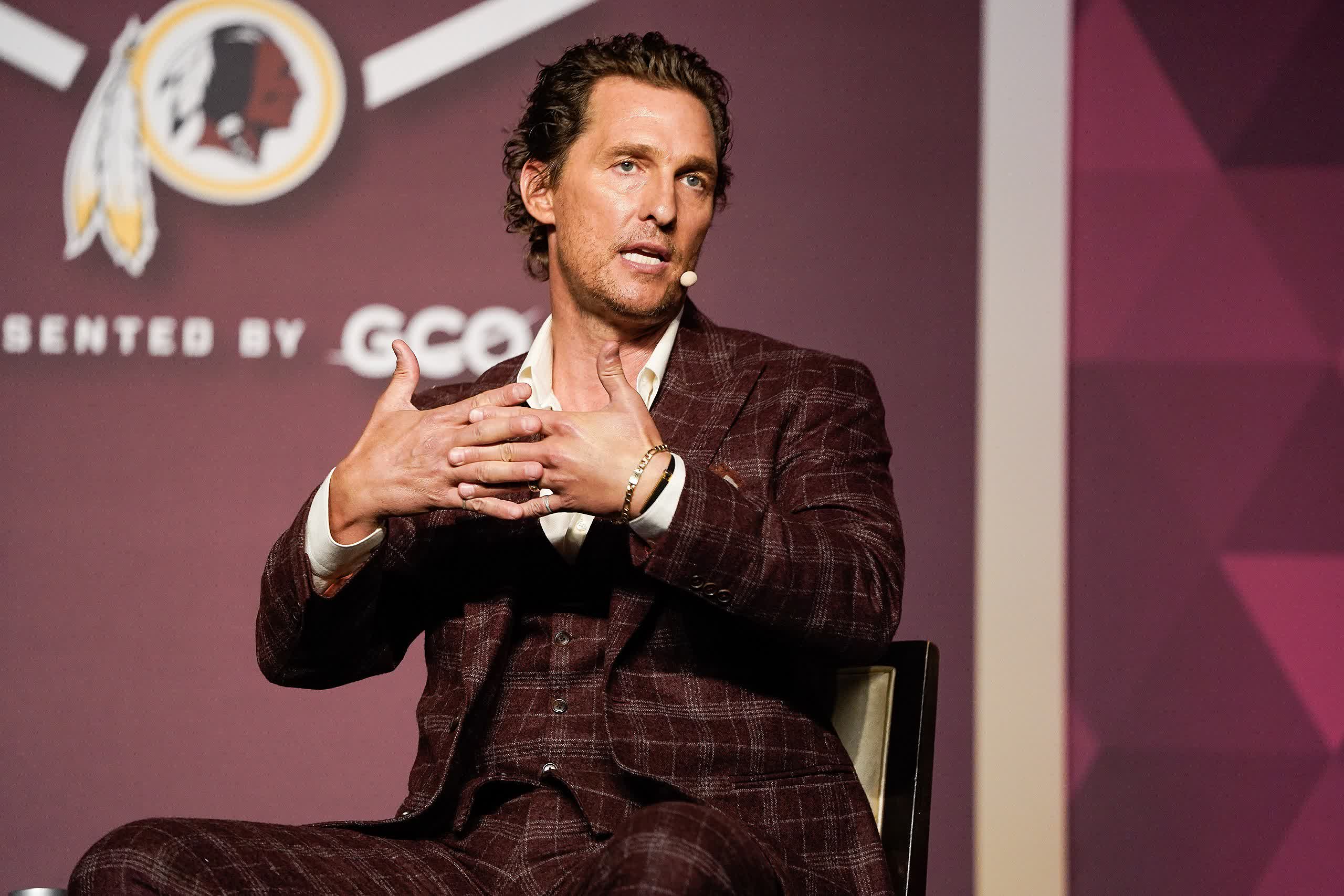Why it matters: Many tech industry workers have been laid off from their jobs recently, the result of over-hiring during the lockdowns and a global economic downturn. Becoming unemployed is a bitter pill, and it's even more depressing to learn that your former company pays a Hollywood actor millions of dollars a year to act as a creative adviser.
According to The Wall Street Journal, citing people familiar with the matter, Salesforce, which in January said it has to let 8,000 workers go, pays Interstellar star Matthew McConaughey $10 million per year for his role as "creative advisor and TV pitchman." The report didn't mention when the contract began.
Salesforce CEO Marc Benioff last month announced that the company was joining the many other tech firms in laying off staff. The co-founder said, "It's an unfortunate part that you have to say goodbye to folks who, in many cases, are your friends and you have relationships with. But, ultimately, the success of the business has to be paramount."
McConaughey famously appeared in a Salesforce ad aired during last year's Super Bowl that took aim at companies looking to outer space and the metaverse as the next frontiers for humanity. McConaughey was paid $5 million for the ad, something Benioff said was small change compared to a payroll of over 70,000 employees - though there are 8,000 fewer workers to pay these days.
McConaughey isn't the only celebrity being paid by Salesforce. Musician and producer Will.i.am, who has been involved in the tech industry for years – despite his many failed products – is often involved alongside McConaughey in business strategy meetings at Salesforce, much to the surprise of other attendees. According to one person familiar with the company's senior management, however, these were just casual discussions.
The Financial Times writes that their presence was explained by Will.i.am's strong understanding of technology and McConaughey's role in Salesforce's advertising.
Benioff is no stranger to controversy. During an all-hands meeting to discuss the company's mass layoffs last month, he claimed staff didn't have the same level of productivity and performance as in 2020, before the pandemic. He pointed the finger of blame at remote workers, new hires made during the height of Covid-19, and younger employees.
Masthead: All-Pro Reels
